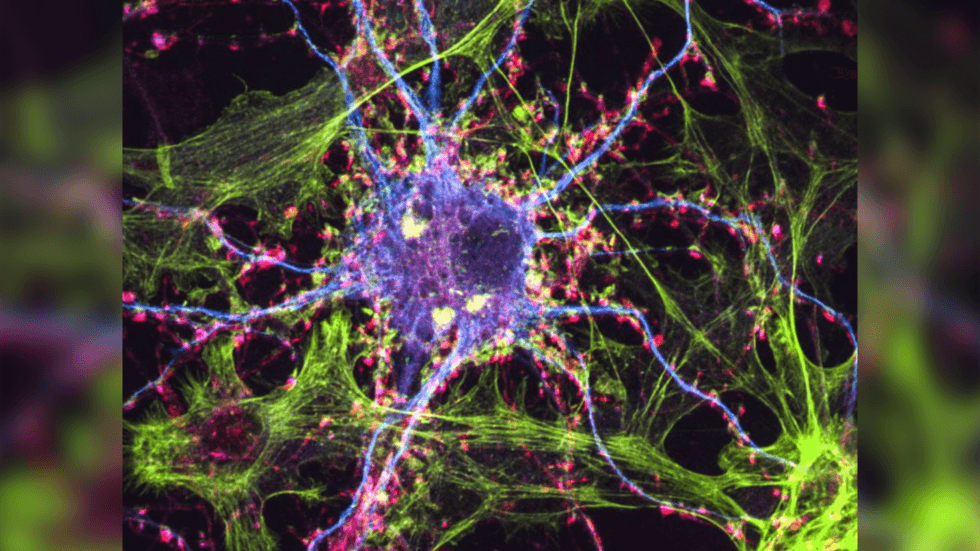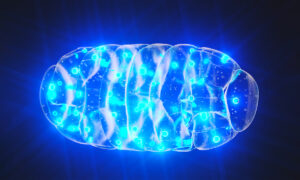California scientists have created a non-hallucinogenic version of the psychedelic drug ibogaine which they say could treat multiple diseases from depression, addiction and psychiatric disorders to PTSD.
The new molecule, named tabernanthalog or TBG, is a synthetic analog of ibogaine, which keeps all of the reported therapeutic benefits without any of the side effects which include hallucinations but also cardiac toxicity.
Anecdotal evidence suggests that ibogaine can reduce drug cravings and prevent relapse, but existing research with psychoactive psychedelics is often messy and complicated given the length of time and the amount of supervision of patients that is required for safety reasons.
Psychedelics are some of the most powerful drugs we know of that affect the brain
David Olson, assistant professor of chemistry at University of California
Davis and senior author on the paper. “It’s unbelievable how little we know about them.”
Ibogaine’s side effects include hallucinations and cardiac toxicity, which afford it a Schedule 1 controlled substance classification under US law. But the synthetic analogue produced by Olson and his team is water soluble, less toxic than its natural counterpart and has a greatly reduced risk of inducing cardiac arrest in patients.
The researchers noted the drug had similar effects on nerve cells as those observed in drugs like ketamine, LSD, MDMA and DMT.
In animal trials, the drug showed promise treating drug addiction in mice, while the head twitch associated with hallucinations was absent, indicating greatly reduced psychoactivity.
Mice trained to consume alcohol reduced consumption after one dose of TBG.
Rats trained using audiovisual cues to expect heroin dosages that developed withdrawal symptoms when the opiate was taken away also saw significant improvements in relapse prevention through TBG treatment.
The researchers suspect the synthetic psychedelic changes the neutrons in brain circuits associated with depression, anxiety, PTSD and addiction, and that it may prove to be a multipurpose breakthrough drug for treating some of the most intractable conditions plaguing humanity.
We’ve been focused on treating one psychiatric disease at a time, but we know that these illnesses overlap, […] It might be possible to treat multiple diseases with the same drug.
David Olson
We need a drug that people can keep in their medicine cabinet and this is a significant step in that direction
David Olson







